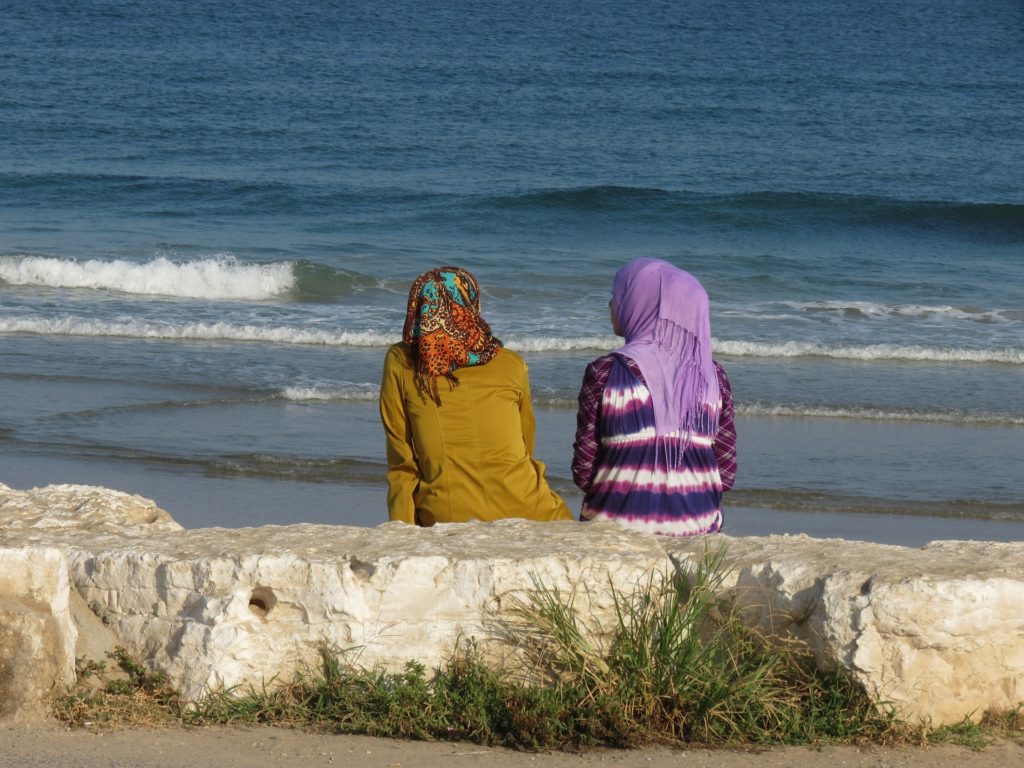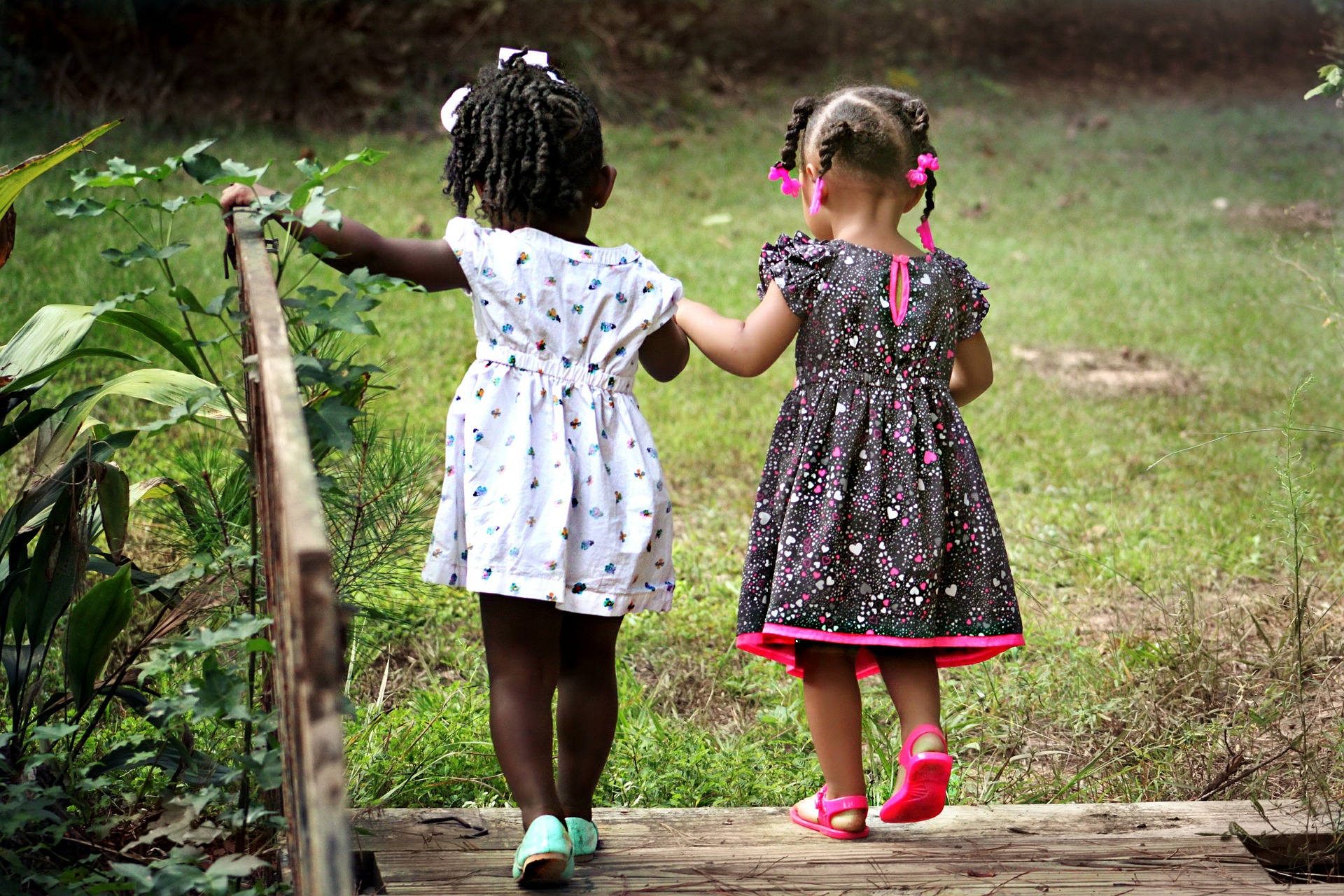Lesson #1 : Teaching Our Children the Islamic definition of a Good Friend and Why it is Important to Have Good Friends
These things don’t happen by accident. Learning how to enter into healthy relationships and steer away from harmful ones needs to be directly and indirectly taught. When a person is given the skills to succeed at a young age, they have more chances of having a better life full of healthy relationships as an adult.
Let’s take time to give our own children that opportunity. They are worth it and no one else will do it for us.In this friendship series, we are focusing on the importance of teaching our children to choose good friends. The best way we can encourage them to pick better friends by educating them and having conversations with them about it.
Why is this important to teach?
A Clear Definition of Good Friendship is Critical
Recognizing That Friendships are Defined Differently Outside the Islamic Community

But what’s really important for our children is to understand its meaning based on our faith because we are Muslims. And if you’re not one, I would encourage you to teach your children whatever it is that your particular core beliefs or religion defines it as. Because we can’t assume that they just know from what they see.
Secret Weapons for Effective Teaching

1) Repetition is key.
Certain studies say you have to hear a word 27 times before it becomes yours. Repeating a thing multiple ways is key because not every child understands the same thing the same way and they need to hear things in different contexts.
2) Make the lesson relevant.
Every human being learns, absorbs and keeps information better when it’s relevant or meaningful to their life. It’s the same thing when you look at pictures on Instagram and all of a sudden you hit “like” and you haven’t even finished reading the caption. Sometimes, certain things just hit us right in the heart. It’s the same thing when we were children and were learning things in school. When something is relevant to us, it stuck. We are parents and we know our kids. We know our children, who their friends are, and the situations they’ve dealt with. So it’s easier for us to give them these lessons than some teacher in a Mosque with 30 other children who have 30 different situations they haven’t seen. We are in a powerful position in being parents and knowing our children, and then being the ones to deliver this lesson. The younger you deliver the better, because as they get older, they start to turn you off and it’s something they need to hear. Relevancy is important so giving examples that are true to your children will make the lesson more meaningful.
3) Make it enjoyable.
Lesson Objectives
Defining Friendship
Engage the Children’s Interest with Meaningful Questions
It’s crucial to have meaningful questions for our children to think about. We don’t want to be just lecturing at them. We’ve been kids ourselves, and I don’t think we ever appreciate it whenever our parents just talked at us the whole time. This engagement, or exchange, is essential in any age with children. It is also extremely important that we show our children that we’re willing to listen to them and their ideas.
Lesson Procedure
1. Opening Dialogue: Measure Their Understanding of Friendship

The opening question I would ask is to measure where they are in their understanding of friendship.
I do that by simply asking, “What is your definition of a good friend?” Or, “When you look for a good friend, what do you look for?” Depending on the age of the child, you might want to phrase it another way, but the idea is to get from the child exactly what they think a good friend is. You then give them a moment to think and do less talking. It may take some wait time before they can fully express what they think.
Listen to Your Child with Interest

These are very basic things and you may already know these, but oftentimes not everybody is conscious as they’re listening and I’m just reminding ourselves to be active listeners. So, after we let our children talk about it, we then go into defining what friendship actually looks like in Islam.
Here, we explain that Muslims see true friendship a little differently than non-Muslims or other friends at school. There’re some things that non-Muslim friends might think are okay or no big deal to do or to say but in Islam aren’t okay.
2. Explaining Islamic Friendship

We will explain the concept of ta’akhi.
Explain:
“Ta’akhi, Islamic sisterhood or brotherhood, and that it has its own standards. It is essentially when two people love each other for the sake of Allah, solely for the sake of Allah, and they are not looking for any gain from the other person. Friendship in Islam, if correctly done, is completely unconditional, long-lasting, and selfless. Islamic sisterhood or brotherhood, has its own standards. It is essentially when two people love each other for the sake of Allah, solely for the sake of Allah, and they are not looking for any gain from the other person. Friendship in Islam, if correctly done, is completely unconditional, long-lasting, and selfless.”
Our children may have not seen such examples yet in their daily lives, so if we need to we can give specific examples of what that would look like. We know that in our day and age, that’s not necessarily what the average friendship looks like. It’s actually very self-serving. So we’re looking for friends that are the opposite—the selfless ones. The rules of engagement in this type of relationship goes beyond personal feelings or preferences. Instead, it’s a mutual understanding based on the Qur’an. The more we talk to our children about what that means, the more they will understand.
For example, you can say:
“Our friends should not lie, should not backbite about others, and should encourage us to do good ourselves. They also should be doers of good and not pressure us to do bad things.”
Young children
You may want to simplify it for your child and point out that the friendship they might’ve seen outside, and what’s considered okay or not okay, are not necessarily the same beliefs we have. In introducing to them the concept of ta’akhi in Islam, we emphasize the fact that we have our own way of looking at friendship.
Teens
3. Good Friends vs Bad Friends and Their Effects in Our Dunya
Raising our children in non-Muslim neighbourhoods or countries

I don’t think that just because your children live in a place where majority of their friends are not Muslims that you should not have these conversations anymore. And you’d think, “My kids go to public schools and they’re not going to find good friends so this is not really an appropriate conversations or is not really very useful information.” I’d say, no. Definitely this is helpful information because at the end of the day, the truth is Allah calls for us to have these types of friendships.
Just because we haven’t set our children up for success—and sometimes it’s not our choice, but just because they are not around people who are like-minded, doesn’t mean they shouldn’t understand who they are and what Allah encourages for us to make our life easy. So it’s still really good for them to know. There’s always guidance and leniency, but to forgo what Islam tells us is to remove us from this infinite wisdom and protection that Allah wants for us in our daily affairs.
We can explain:
“It is not only about what is halal or haram in terms of friendship. It’s in fact really more about being around people that Allah SWA knows best what will only bring good into our lives—those that won’t bring dramas or sadness. He has guided through His infinite wisdom. We should trust that he knows what we need best. A good friend doesn’t like to get caught up into talking badly about others. They don’t like to be negative or hang on to negative feelings. They’re always doing something positive, they always have their own personal goals, and they’re going after them. They also inspire us to do the same. You don’t need friends who only like hanging out, have no goals, have no aspirations, and just judge others and talk about others all day or those who are being super negative.”
You basically wrap this idea around their head that when they have negative friends and negative people around them, it brings a lot of negativity into their life. On the other hand, having friends that are more positive will bring more happiness into their life. If your children are always around people who are good, then overall they’re going to end up bringing different types of conversations that’ll make life easier and make their life lighter for the dunya.
4. Ending with a heartfelt story

The Story of a Man who Visited His Friend
Here is a short one that you could share and this is the famous one in the Sahih Muslim.
“And there he went to visit a brother of his in another village. Allah sent an angel to wait for him on the road. When the man came along, the angel asked him, “Where are you heading to?” And he said, “I am going to visit a brother of mine who lives in this village.” The angel asked, “Have you done him a favor for which now you’re seeking a repayment?” He said, “No, I just love him for the sake of Allah.” The Angel told him, “I have a message to you from Allah. He loves you as you say you love your brother for His sake.”
From this story, we’re learning that Allah values and loves this type of friendship. When we love others that way, Allah increases his love in us even more. From these stories, Allah is telling us that there’re all these promises in the akhira. We explain to them that in the dunya they’re going to have an easier life, but in the akhira Allah is going to shower them with all these rewards in the shade because of having these friendships.
You may also explain to them the “7 Shades on the Day of Judgment.” This is another good one and you can find this anywhere in a lot of Islamic books or online.
5. Closing dialogue: Wrap Up Questions

At the closing discussion, you’d want to check what they’ve gotten out of the conversation and make sure they really understand.
You can say:
“Based on what we talked about, can you answer in your own words what a good friend is according to Islam?” And, “What did you get out of this, what did you think friendship is?” Or, “Now can you say it in your own words?”
Having them say back to you allows you to understand what they grasp from the conversation. If they struggle at it, you can help them get clarity.
As a life-application, here’s a good thing to ask them:
“Do you think you are good friend? Do you think you are the friend you just described? Why or why not? What might be something that you need to work on?”
Life Lessons
We Teach Them to be the Friend that They Seek to Find

With these, our children need to realize that we can’t expect things from others until we do it ourselves. It helps them get out of the idea that ‘everyone should be great to me but I can give out only subpar quality’. In return for your child’s sharing, you might want to be honest with them about something you need to work on, too. It’s great for children to see their parents are not “know it all” or “be all“, and that they have weaknesses, too. Showing them that you’re working through your own thing actually encourages them to work as well.
And lastly, this is a good point to talk about with teens and preteens—both girls and boys. You may ask them:
“If you could choose the most important thing that every Muslim girl or boy needs to learn in order to be a better friend, what do you think is it?” “What do you think you’d need to learn more or what is it that you’re struggling with the most?”
Together, you can explore if it’s in the area of being more honest, of loving the self more, or learning how not to backbite. Our children may not have the best of friends currently so you can then ask, “Why are those friends struggling?”
Empower Our Children to Break Away from Unhealthy Friendships
**Please see lesson #2 for the follow up of this lesson.



